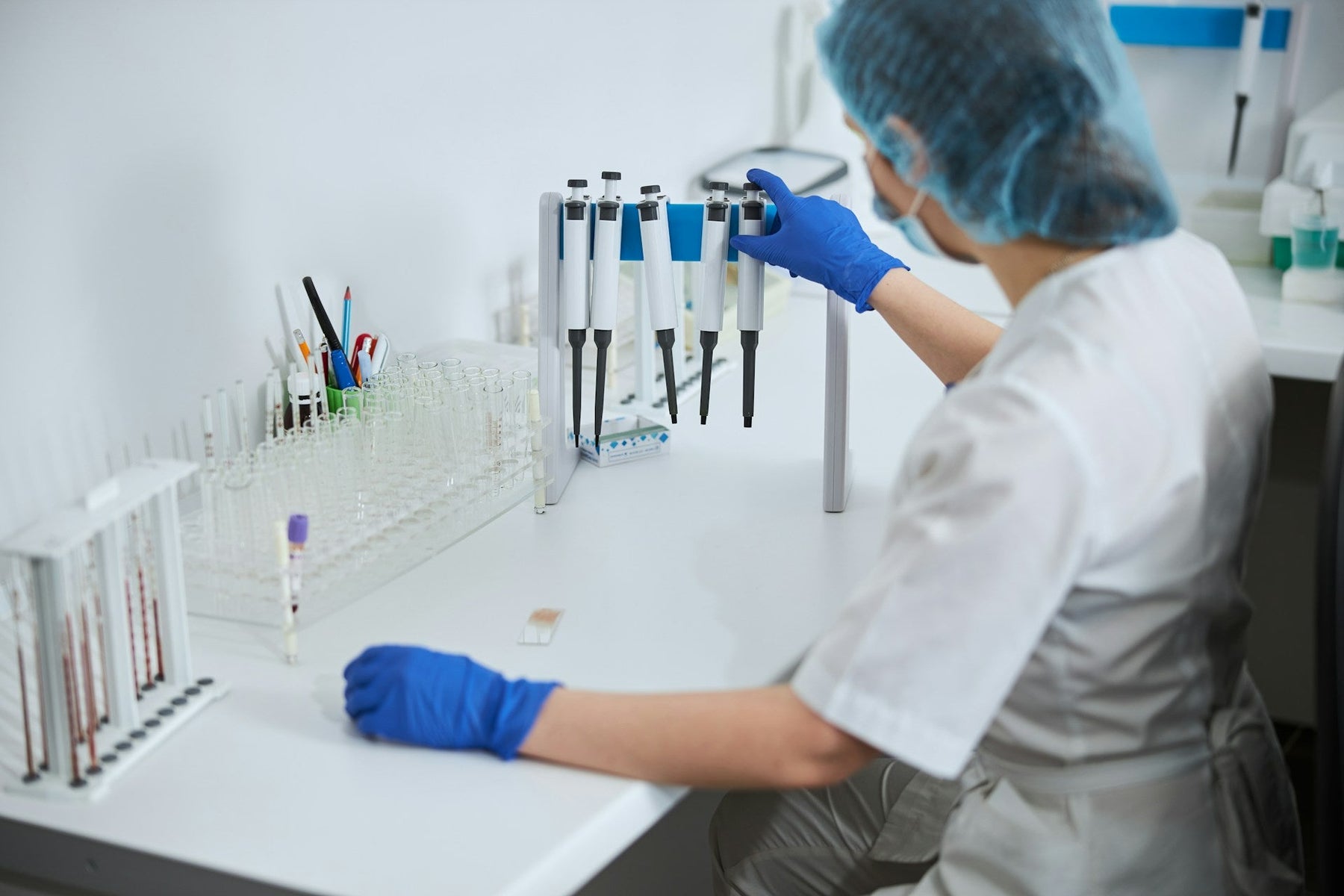
Steps to Ensure Your Lab Results Are Right
Preparing for a lab test might feel a bit overwhelming, but it's a straightforward process if you know what to do. Ensuring accurate results begins before you even step into the lab. Reading the test instructions carefully and knowing any special requirements, like fasting, can make all the difference. By being well-prepared, you can help take charge of your health with confidence.
Knowing how to prepare means asking the right questions and understanding what to expect. It's important to talk with your healthcare provider to clarify any steps you need to take. This can include dietary requirements or the best time to perform the test. This preparation helps you avoid common mistakes that might affect your test’s accuracy.
Once you're ready, the focus should be on collecting the sample correctly to maintain accuracy. Following the given procedures ensures that your lab results are precise and reliable. With the right preparation, you can navigate the lab testing process with ease, making sure you get clear and dependable results.
Preparing for Your Lab Test Appointment
Preparing correctly for your lab test appointment is essential to ensure you get the most accurate results. One of the key steps is to read all the test instructions carefully before heading to the lab. These instructions often contain crucial information about how to prepare for the test, such as what to bring or how to store samples at home if needed.
Fasting or following specific dietary guidelines may be necessary for certain lab tests. Here are some tips:
-
Check Fasting Requirements: Some tests require you to not eat or drink anything but water for a specified period before the test.
- Adjust Your Diet: For other tests, you might need to avoid certain foods or drinks that could impact results.
If anything is unclear, make sure to communicate with your healthcare provider. It's important to ask questions like:
- "Do I need to fast, and for how long?"
- "Should I avoid any specific foods or medications?"
- "How should I prepare if the test involves blood sampling or another specific procedure?"
Asking these questions helps avoid any mistakes that could affect the test's accuracy, ensuring that you start your lab test on the right foot.
Ensuring Proper Sample Collection
Proper sample collection is crucial for the accuracy of your lab test results. Each type of sample—blood, urine, saliva, or others—has its own specific requirements, and understanding these can significantly enhance result validity.
For common sample types, consider these steps:
-
Blood Samples: Avoid clenching your fist during the draw as this can alter blood components.
-
Urine Samples: Midstream collection, where you start peeing into the toilet and then move the cup into the stream, reduces contaminants.
- Saliva Samples: Refrain from eating or brushing your teeth shortly before collecting the sample.
Preventing contamination during sample collection is a must. Always use clean containers provided by the lab and follow instructions to avoid touching the inside of the sample cup or lid.
Listening to and following lab staff instructions meticulously is vital. They provide these guidelines based on experience and established protocols aimed at preserving sample integrity. Sticking to these instructions minimizes errors and ensures your lab results reflect your true health status, giving you the confidence of an accurate diagnosis.
Verifying Lab Accuracy and Efficiency
Ensuring accuracy and efficiency in labs is crucial for trustworthy results. Labs use high-quality equipment designed to process samples accurately. Advanced technology, like automated machines, helps eliminate errors and improves the reliability of test outcomes. Regular maintenance of this equipment ensures it performs optimally, supporting consistent result accuracy.
The expertise and training of lab staff play a vital role in maintaining accuracy. Skilled technicians follow detailed protocols to handle samples correctly and use equipment efficiently. Ongoing staff training enhances their ability to detect and rectify potential issues, ensuring every result is precise.
Following up on unclear results is important if you have questions about your test outcomes. Always ask your provider for clarification or a detailed explanation of your results. If something seems off, labs can perform verification tests, which check the initial results for accuracy. This process reassures patients that their health information is reliable and that subsequent healthcare decisions are based on valid data.
What to Do If Results Seem Unusual
If your lab results aren't what you expected, it's important to take the right steps to understand them accurately. Start by reviewing the results with your healthcare provider to ensure you fully grasp the findings. Ask questions to clarify any terms or numbers that seem confusing.
Consider requesting a retest if there’s any doubt about the results. Mistakes can happen, albeit rarely, and a second test can confirm the initial findings. Also, don’t hesitate to seek a second opinion from another healthcare professional if you’re unsure about the results provided.
Follow-up consultations can provide additional insight and peace of mind. They offer an opportunity for a more thorough explanation and help assess whether further testing or changes in treatment are necessary. Understanding your health involves collaboration and communication with your healthcare team, ensuring all decisions are informed and proactive.
Conclusion
Navigating the lab testing process effectively ensures that you receive the most accurate information about your health. By preparing adequately, ensuring proper sample collection, and understanding how labs ensure accuracy, you can trust the results you receive. If any doubts arise, knowing the steps to verify and follow up on those results is crucial.
Reliable lab testing is paramount to managing your health confidently. RSC Health is committed to providing comprehensive and precise lab testing services, ensuring each patient can take informed steps towards improved health. Our team is here to support your needs with expertise and care. Discover how RSC Health can help you by visiting our website or contacting us today.
